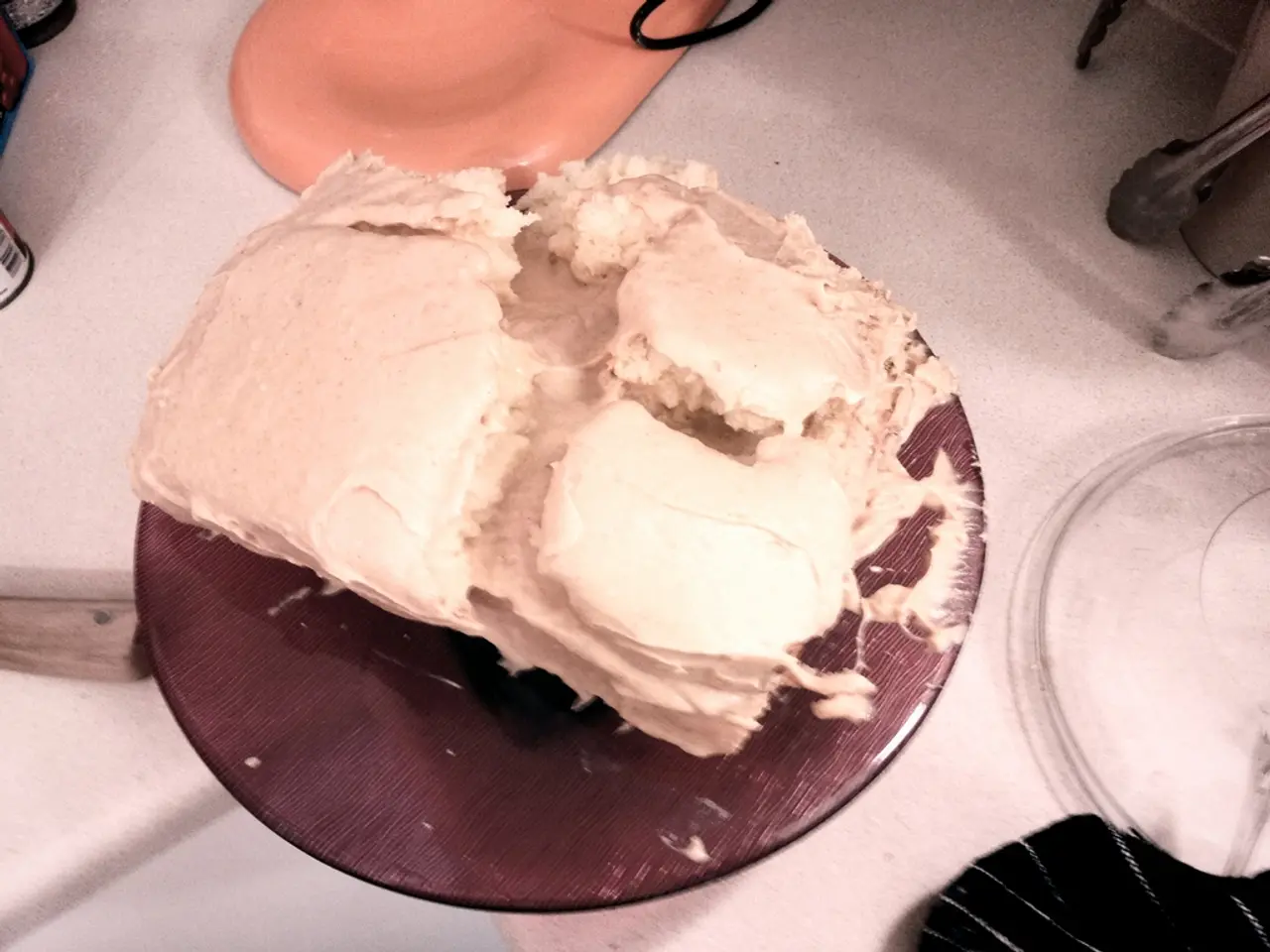Reasons Behind Unfading Pigmentation: Typical Errors and Corrections
In the pursuit of radiant, even-toned skin, many individuals grapple with pigmentation issues. This article provides a comprehensive guide to effectively managing pigmentation, based on recent findings and expert advice.
Pigmentation is primarily caused by excess melanin production, a response to various triggers such as sun exposure, hormonal changes, acne scars, or skin irritation. To address this, adopting a consistent skincare routine and a healthy lifestyle is crucial.
First and foremost, sun protection is paramount. Regular and adequate application of broad-spectrum SPF is essential to prevent melanocyte stimulation that worsens pigmentation. Reapply sunscreen every 2-3 hours to ensure continuous protection.
Next, it's important to avoid harsh actives that irritate the skin. Instead, opt for gentler brightening ingredients like vitamin C serum, which can help reduce pigmentation without causing inflammation. Using fewer potent actives is preferable to overloading the skin with multiple irritants.
Consistent nighttime repair is also vital. Use nourishing night creams or glow moisturizers with peptides, ceramides, and hyaluronic acid to promote skin healing and cell turnover while deeply hydrating. A glow moisturizer with brightening ingredients like Vitamin C, niacinamide, or licorice extract is particularly beneficial for targeting pigmentation.
Gentle tan removal is another key aspect. Incorporate a dedicated tan removal face wash or scrub that helps exfoliate and brighten without causing irritation or damage, supporting pigment reduction.
Proper post-treatment care is equally important. Avoid picking or peeling skin after procedures to prevent post-inflammatory hyperpigmentation (PIH).
Complementing a skincare routine with a balanced diet rich in antioxidants, vitamins, and minerals can further support skin healing. Foods high in Vitamin C and Vitamin E, for instance, help brighten the skin and combat free radicals.
Patience is key when treating pigmentation, as it can take weeks or even months to show visible fading. Rushing the process can lead to mistakes such as skipping sunscreen or overusing irritating active ingredients, which can slow down progress.
Lastly, a poor diet, lack of hydration, and high levels of stress can contribute to pigmentation and slow down healing. Regular exercise and relaxation techniques can help reduce stress levels, while maintaining consistency in skincare routine is crucial for pigmentation treatment.
Incorporating clay masks with active ingredients like vitamin C, niacinamide, or hydroquinone can enhance the effectiveness of pigmentation treatment. However, it's important to remember that clay masks provide temporary brightening effects but are not a comprehensive solution for deeper pigmentation issues.
In conclusion, effective pigmentation reduction relies on combining adequate sun protection, gentle brightening actives, supportive moisturizing products (like glow moisturizers), and effective exfoliation/tan removal (via suitable face washes) along with consistent daily and nightly skincare routines. With the right approach, dark spots can be faded, and skin tone evened out over time.
Science proves that a consistent skincare routine and a healthy lifestyle help manage pigmentation issues, which are often caused by excess melanin production. To this end, regularly applying broad-spectrum SPF, using gentler brightening ingredients like vitamin C serum, and adopting a balanced diet rich in antioxidants are crucial steps in women's health and fitness-and-exercise routines for skin-care and health-and-wellness.




